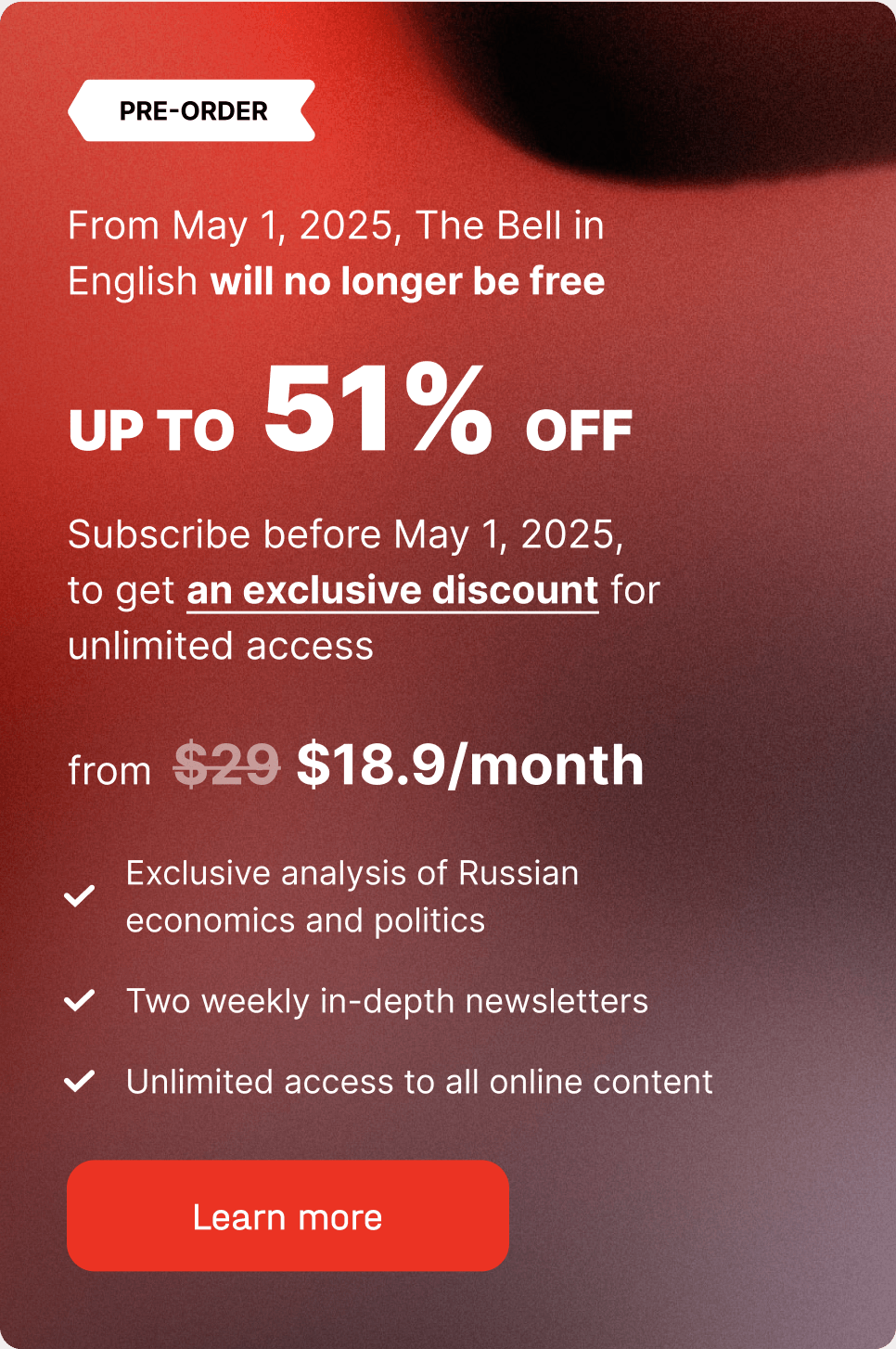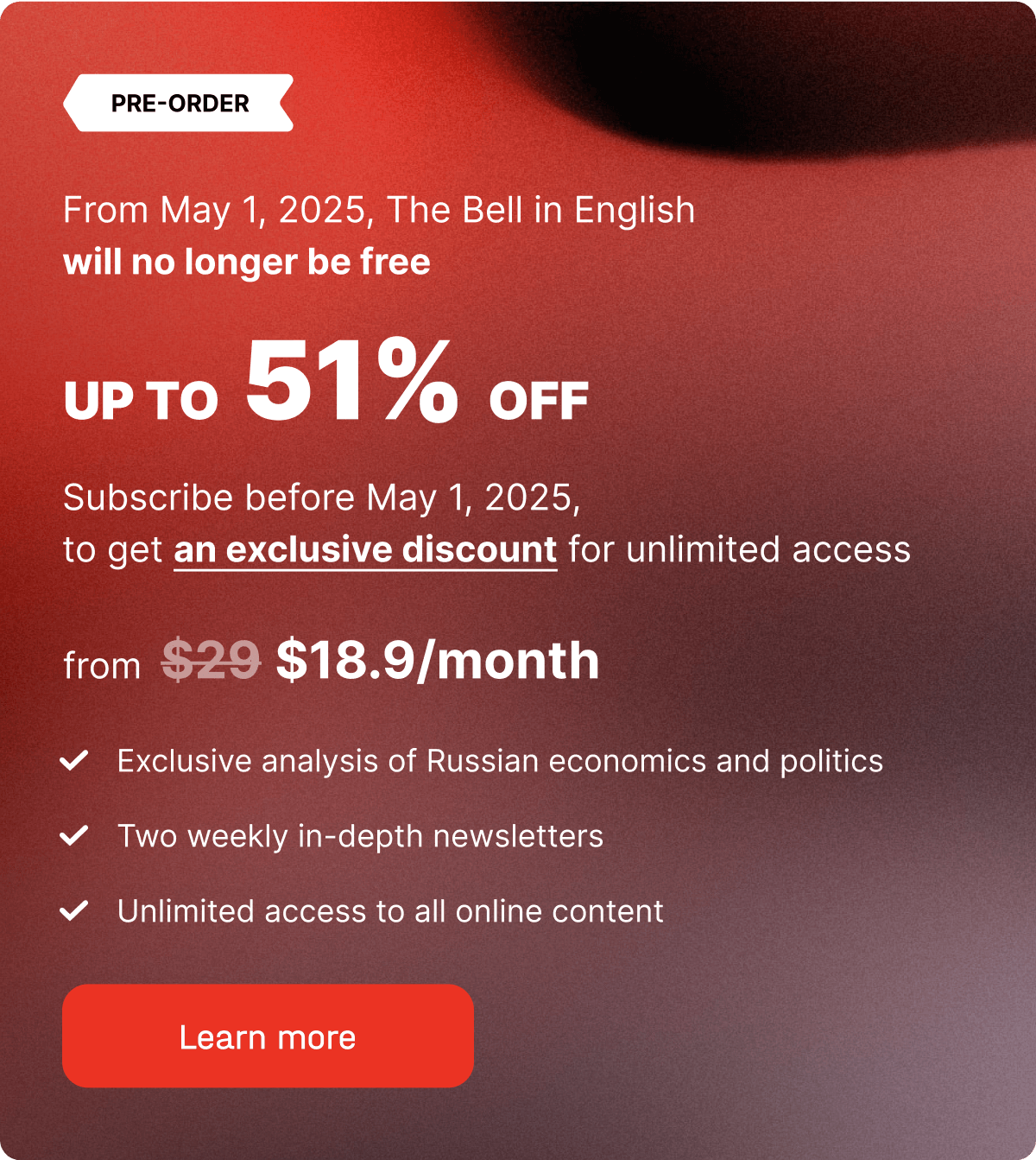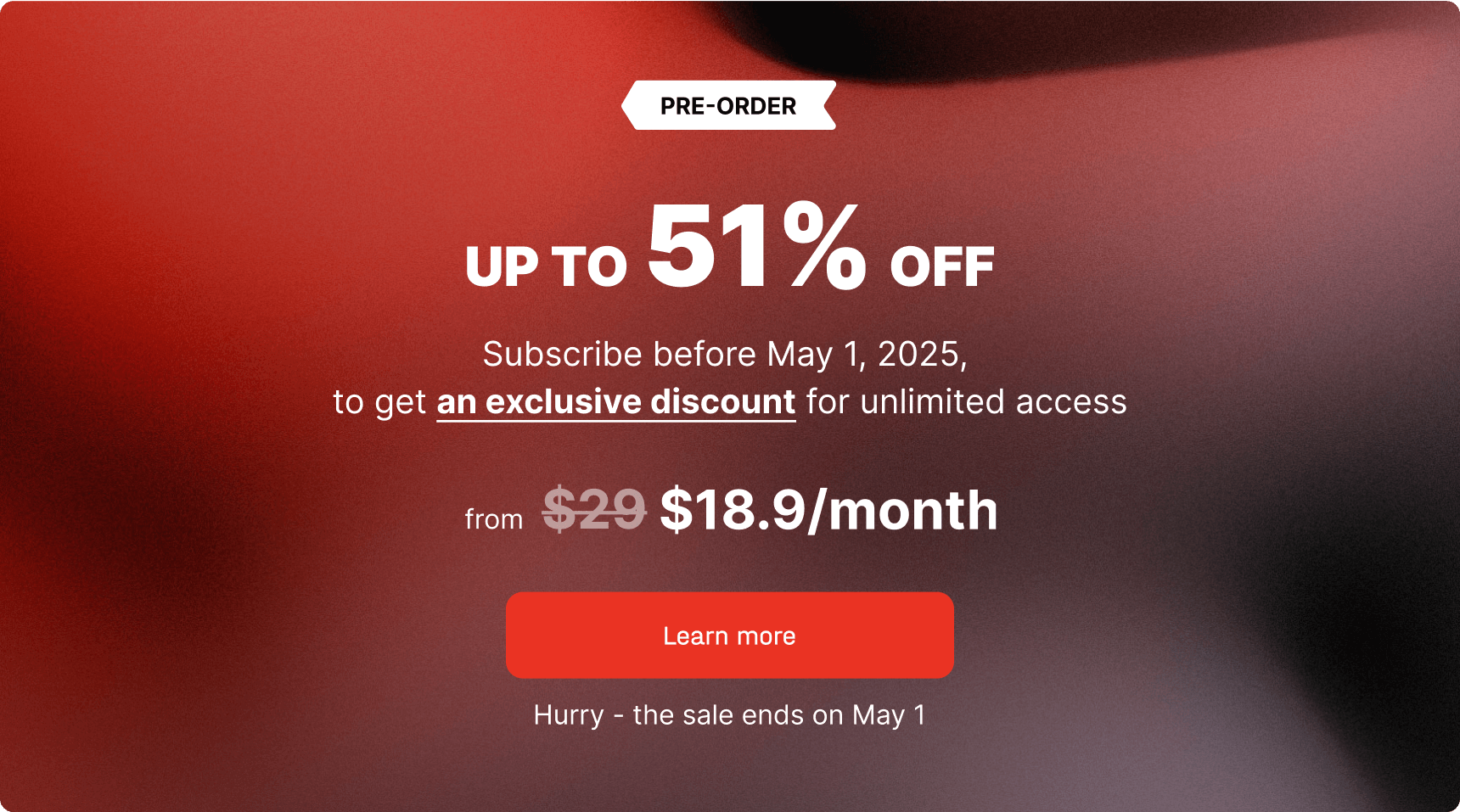
Why Biden’s ‘killer’ soundbite won’t affect US-Russia relations
When President Joe Biden gave an affirmative answer to a question from a journalist this week about whether Russian President Vladimir Putin was a murderer, he guaranteed himself plenty of airtime in Russia. The ruble and the markets jolted downward, while Putin used the story to galvanize anti-American sentiment. Nevertheless, studies suggest anti-American feeling in Russia is half as strong as in 2015.
Biden and the Russian market
Most foreign affairs experts agreed Biden’s words were unprecedented. Not surprisingly, some recalled Ronald Reagan’s notorious 1984 ‘Evil Empire’ speech. Indeed, the current trough in East-West relations is easily compared with the early 1980s: confrontation over the Olympics, the disputed downing of a civilian aircraft, war in the Middle East and a stagnant economy.
The reaction to Biden on the stock and currency markets was dramatic. The ruble dropped 80 kopecks against the dollar, and the Moscow Exchange sank 2.28 percent: the biggest falls in three months. Economists interviewed by The Bell assessed this as ‘sanctions anxiety’. The markets fear that new sanctions from Washington, expected next week, might strike at Russia’s influential business elite (in 2018 sanctions against billionaires Oleg Deripaska and Viktor Vekselberg sparked panic).
At the same time, foreign policy experts said Biden’s words will have no significant impact on relations between the U.S. and Russia. Andrei Kortunov, director general of the Foreign Ministry’s Council on Foreign Affairs, saw Biden’s characterization as confirmation that Washington will not seek to mend fences with Moscow, but only turn to Russia to resolve specific issues.
Interestingly, another foreign policy expert, Fyodor Lukoyanov — far from being regarded as a hawk — gave a more furious response. In a column in Kommersant newspaper, Lukyanov described Biden’s comments as “outrageous” and said that, in the past, they would have led to a breakdown in relations. Moscow, Lukoyanov wrote, has grown used to meeting the U.S. halfway and he urged an end to that practice. In addition, he said there should be a “complete freeze in relations beyond the bare minimum of essential technical matters”.
Putin and his ratings
Nobody knows what Putin himself made of Biden’s comments. But the president took full advantage of the situation. His first response came Thursday when he — somewhat pointedly — wished Biden good health, and used a playground riposte to suggest it was actually Biden who was the murderer.
- There was a sequel Friday evening after Putin spoke to a concert in honor of the seventh anniversary of the annexation of Crimea attended by 50,000 spectators (remember several prominent opposition activists are currently facing prosecution for breaching health and safety rules by organizing protests during the pandemic).
- After the concert, Putin told a TV reporter that he wanted a public showdown with Biden and suggested Friday or Monday – but not at the weekend, when, he said, he was “off to the taiga”. While there was nothing particularly untoward in this statement, it was taken as another case of Putin’s confrontational, ‘man in the street’ approach.

Putin on the parade in 2019
- Putin’s challenge obviously wasn’t aimed at Biden (who predictably declined), but was for domestic consumption. Putin’s popularity rating is currently falling — not just among young people but also among his traditional electorate of older, more ‘patriotic’ voters.
- “All of Putin’s statements about Biden were for his domestic audience… and it worked, admittedly only with the older generation that already shares Putin’s position and is deeply suspicious of America,” the deputy director of independent pollster Levada Center, Denis Volkov, told The Bell.
- Even so, the scope for rallying Russian voters around anti-American sentiment is diminished, compared with five years ago. Back then, 81 percent of Russians said they had a critical opinion of the U.S., whereas today the number is 43 percent, according to Volkov.
Why the world should care
Putin’s reaction suggests Moscow does not want to risk further harming its relations with the U.S. at the moment – unless new sanctions turn out to be particularly onerous. So, despite all the drama, it’s hard to imagine Biden’s comments sparking any significant change.



PAID SUBSCRIPTION LAUNCH
From May 1, 2025, The Bell in English will no longer be free
From May 1, 2025, all The Bell’s newsletters and online content will be behind a paywall. We have taken this decision so that The Bell can remain financially independent, and maintain our high standards of journalism and economic expertise






